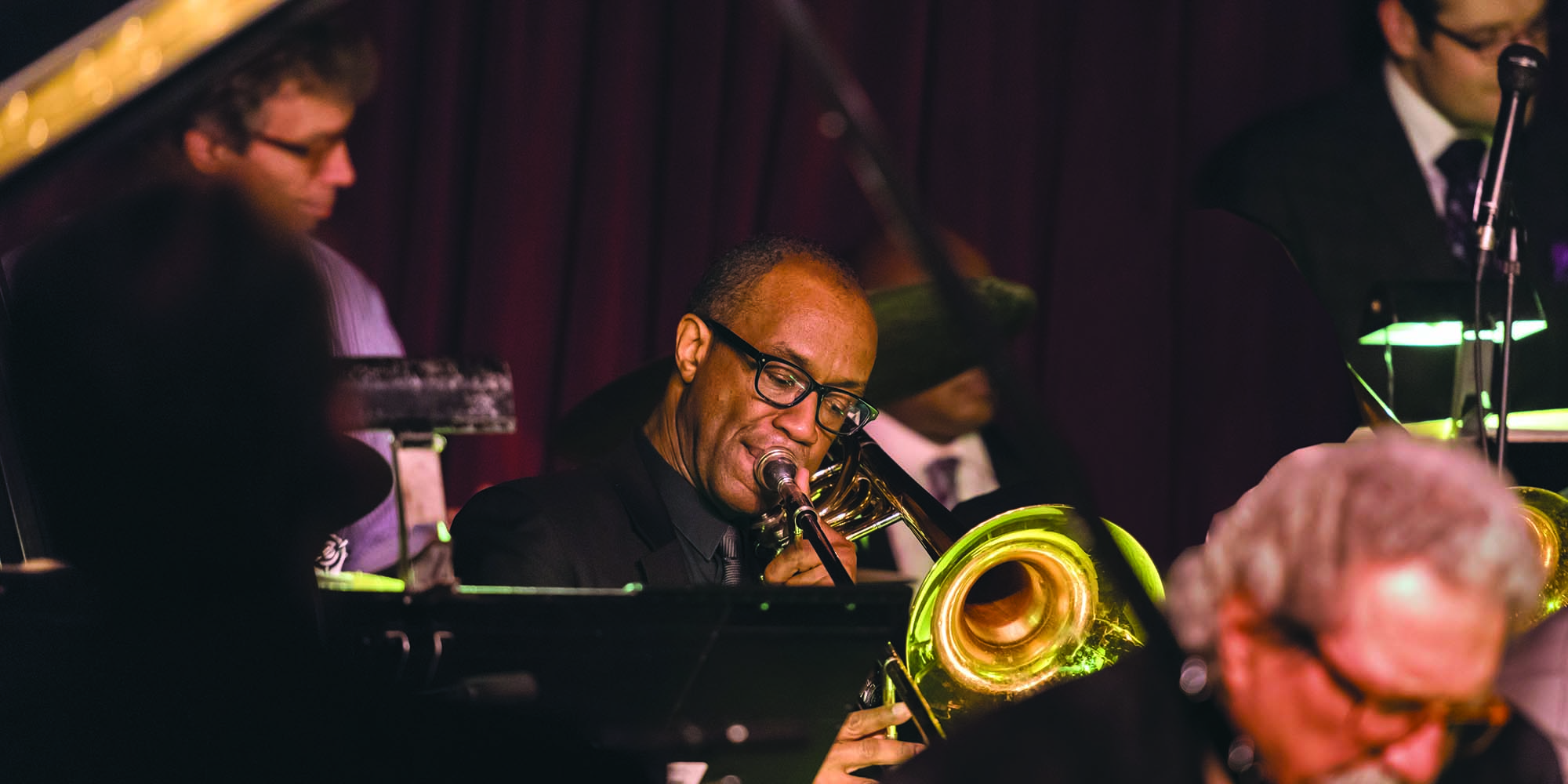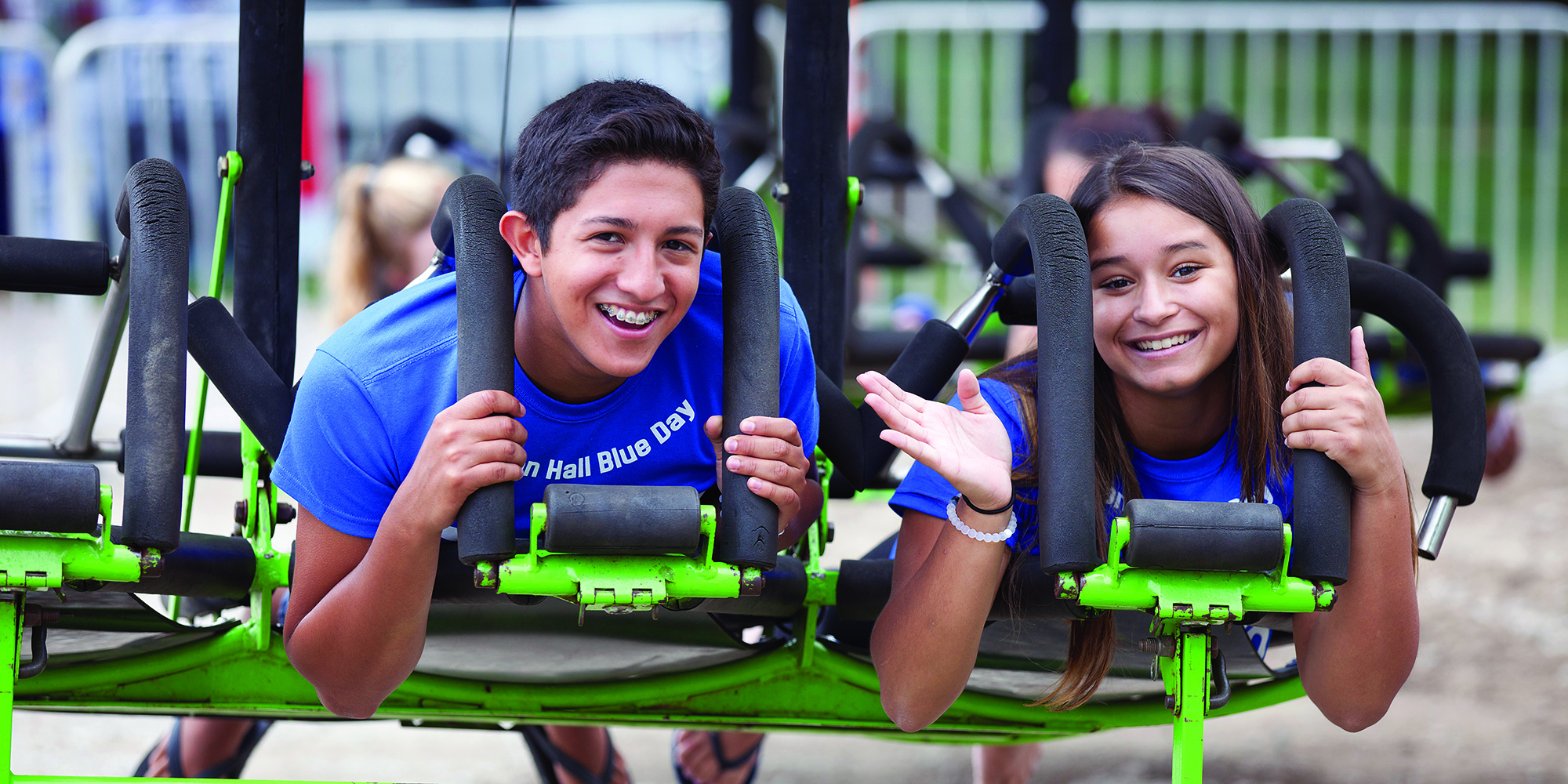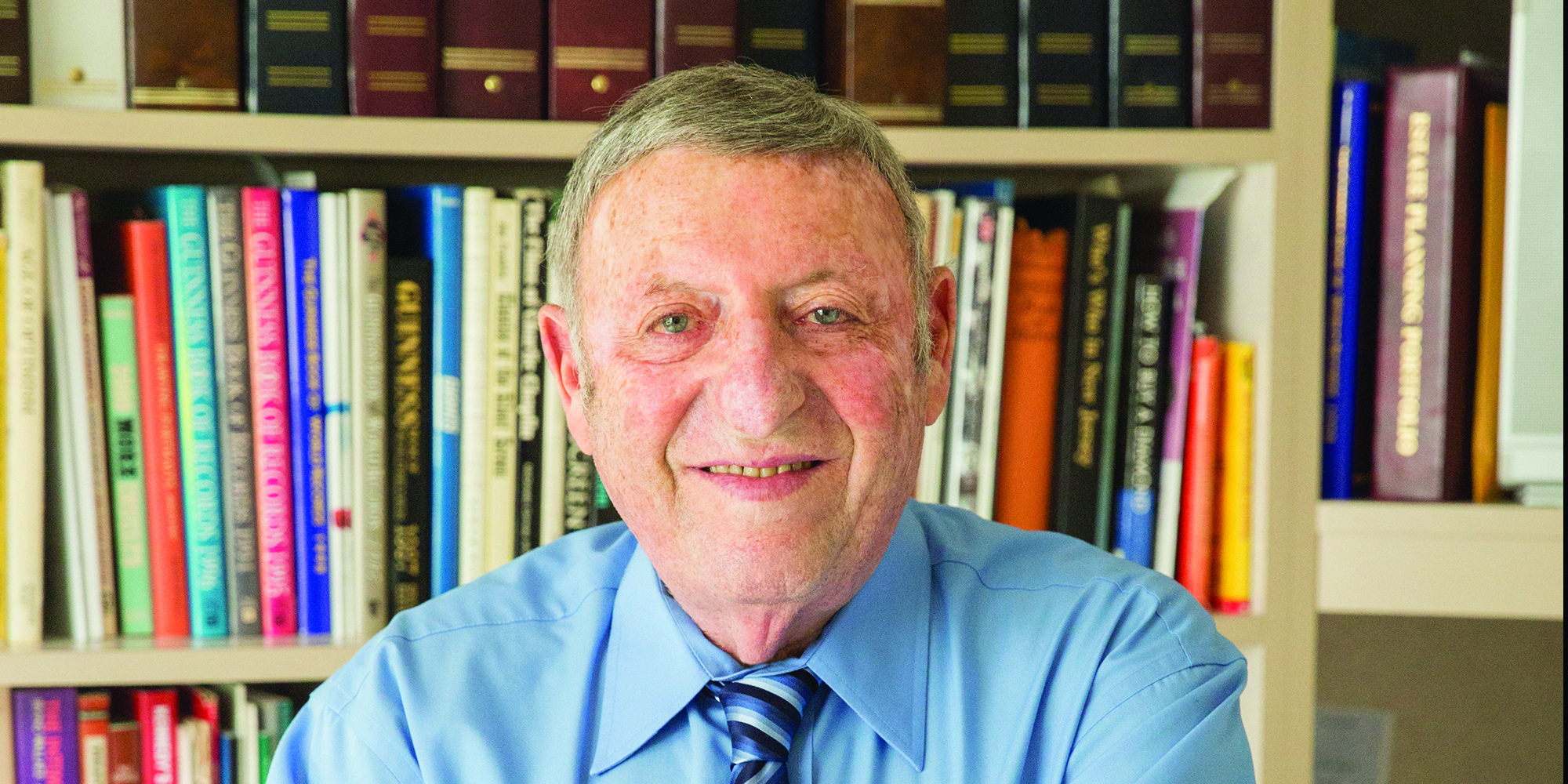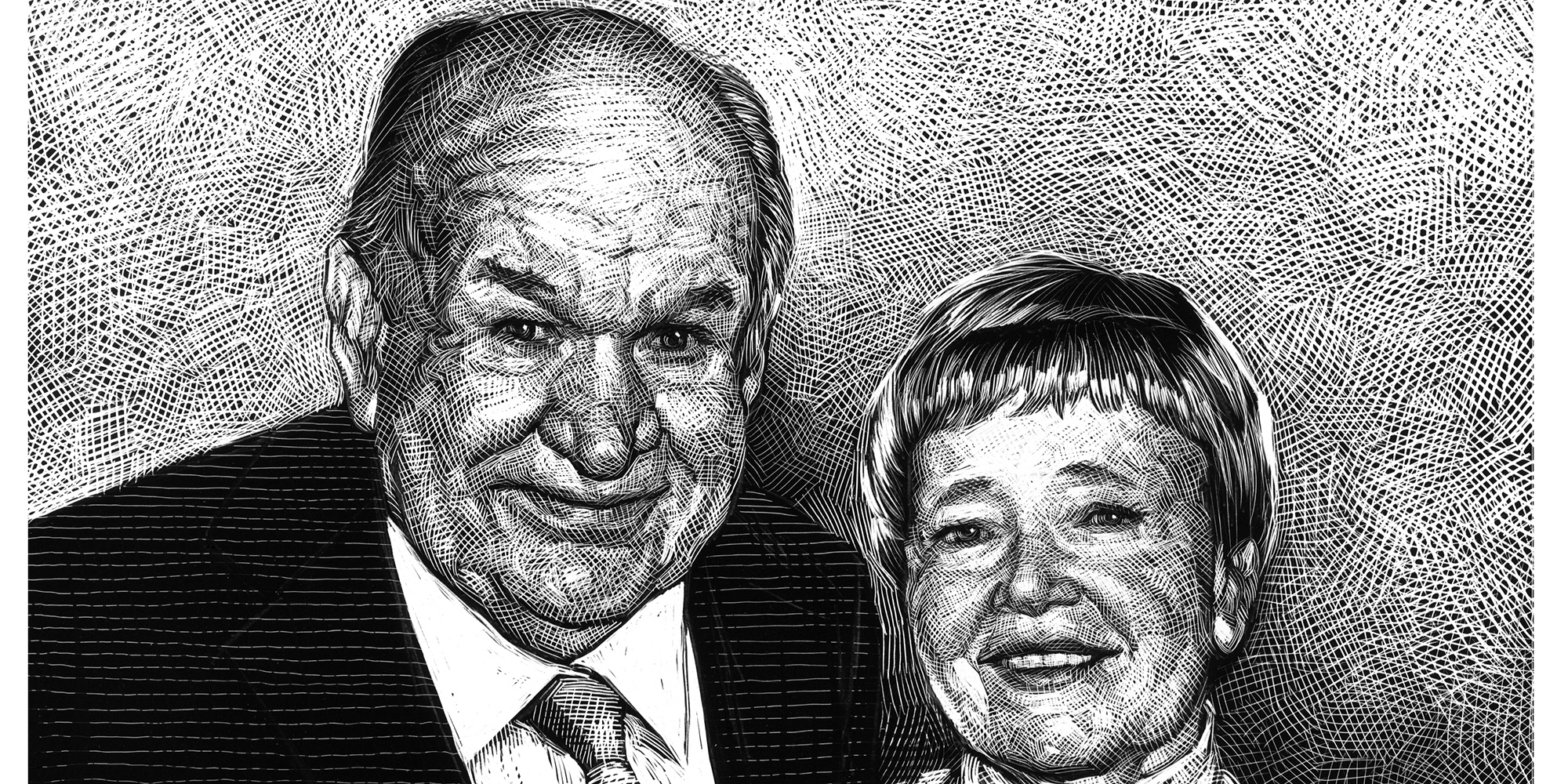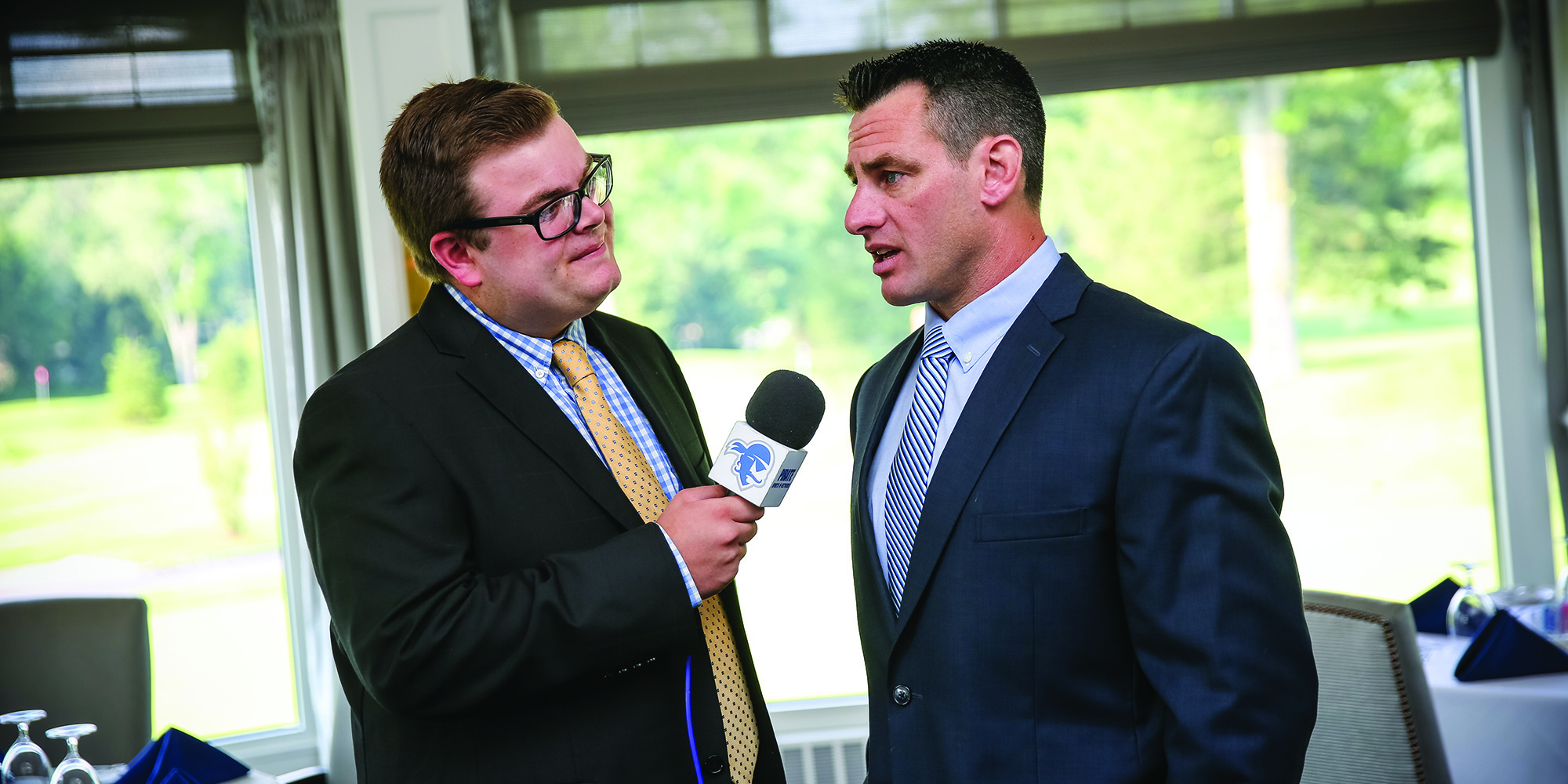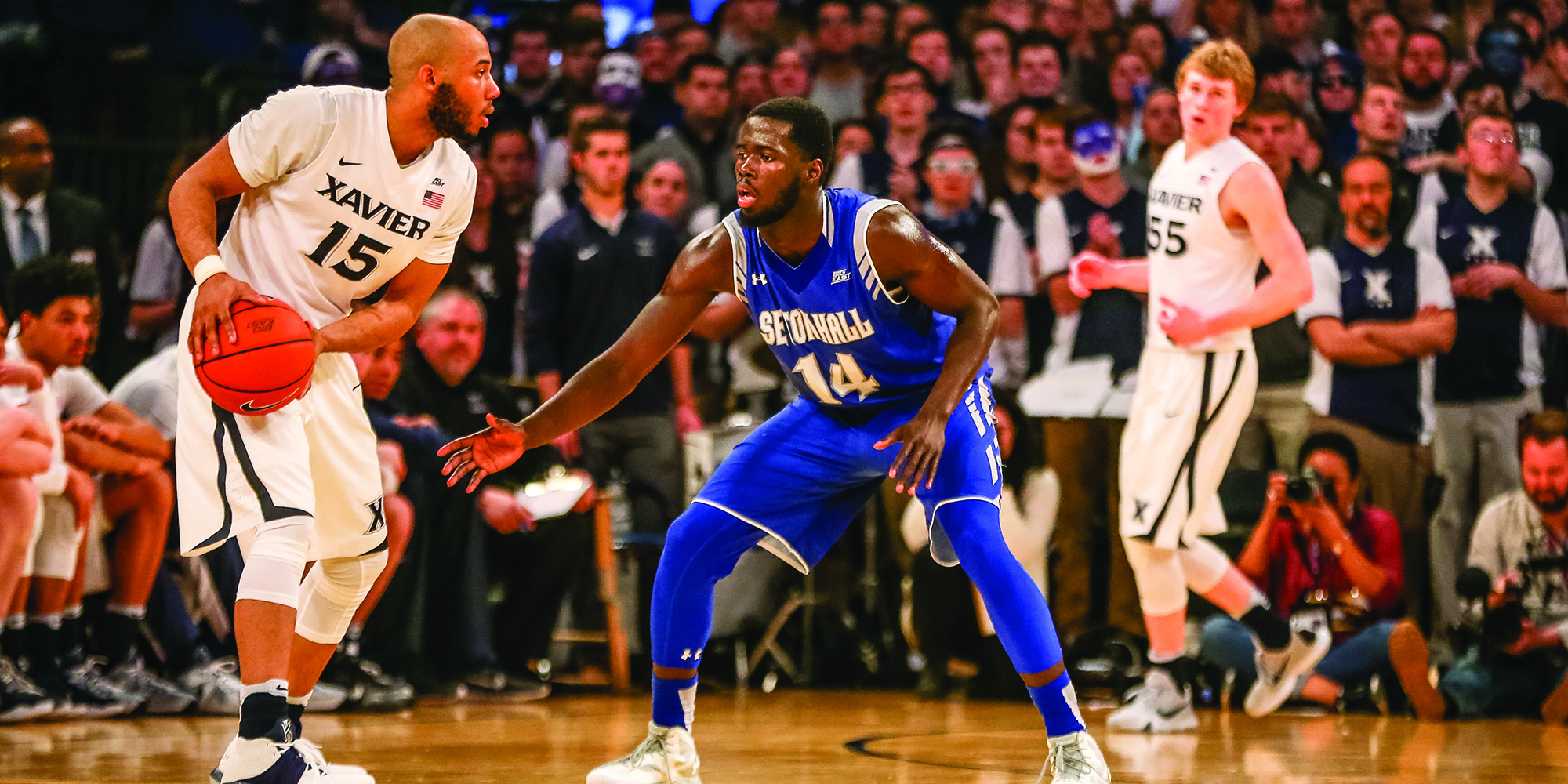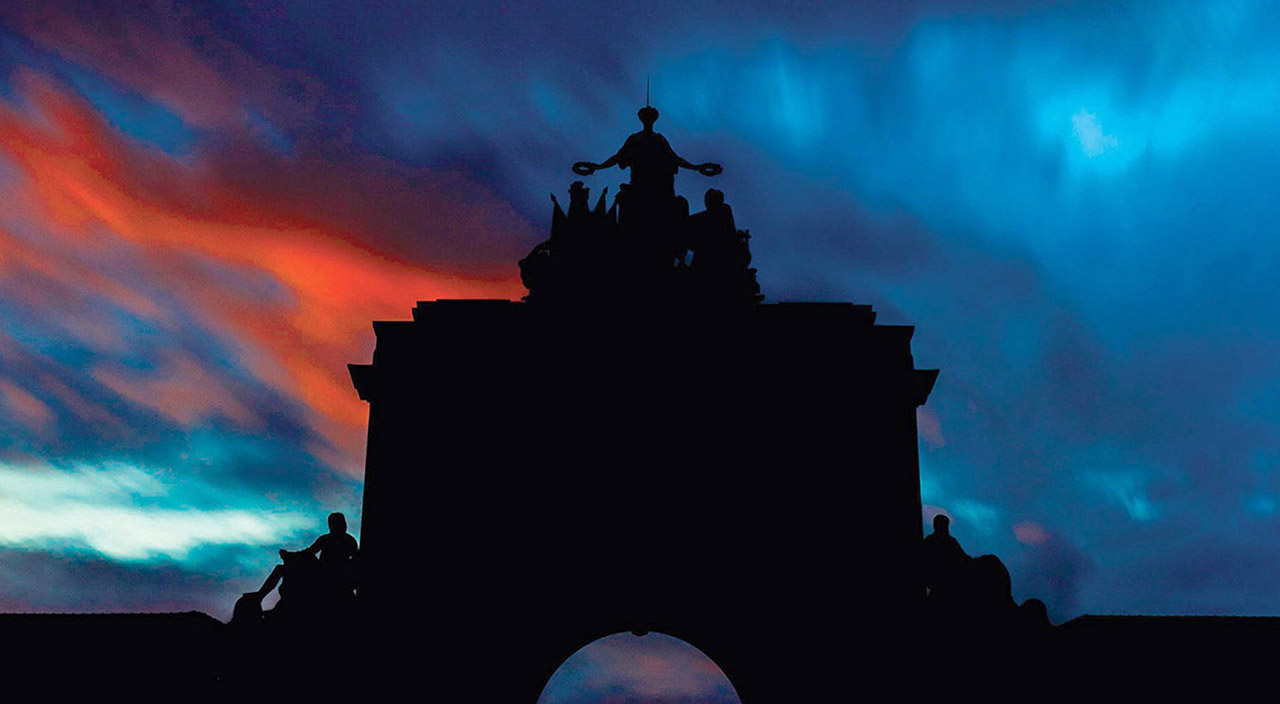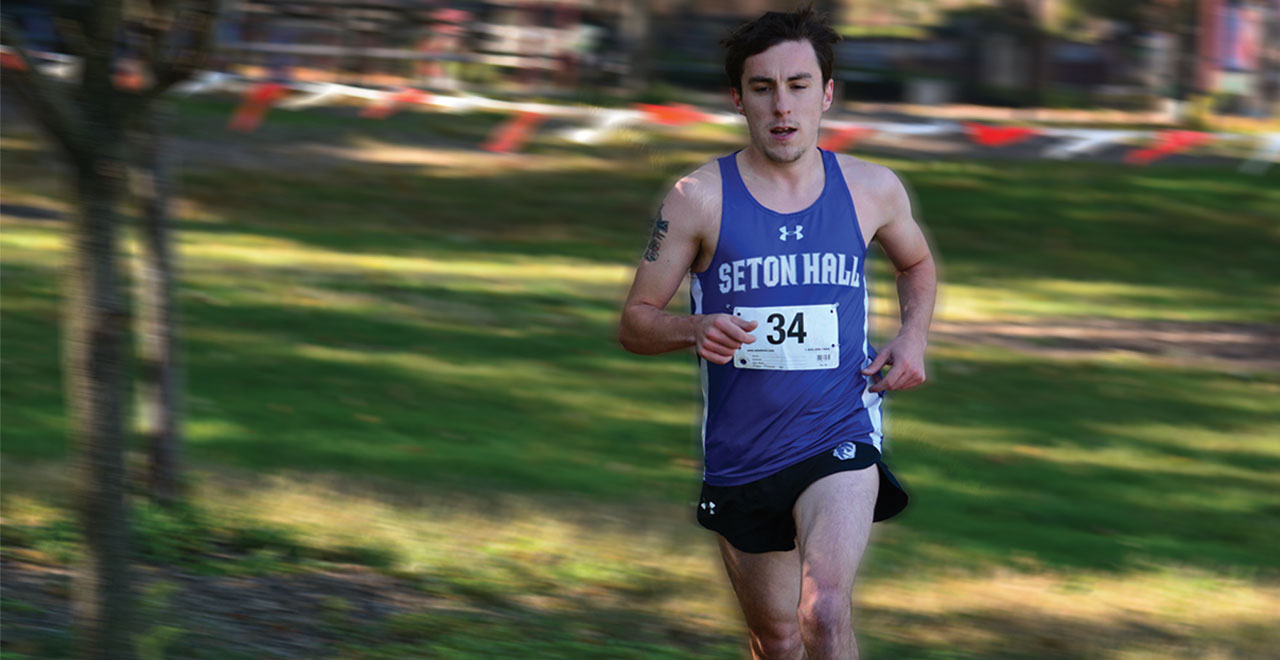Trombonist Douglas Purviance, co-leader of the famed Vanguard Jazz Orchestra, has had a deep, rich education in the world of jazz. He shares that knowledge with his Seton Hall students, teaching them the finer points of the craft.
Comments closedCategory: Ideas and Activities
Named an Inventor of the Year in 2015 by the New Jersey Inventors Hall of Fame, Walter Alina ’56 transformed entire manufacturing processes with his visionary concepts
Comments closedA lasting legacy from the 53-year marriage of Sylvia and Tom Tencza, M.S. ’64/Ph.D. ’66.
Comments closedIt didn’t take John Fanta long to make an impression on Seton Hall Vice President and Director of Athletics Pat Lyons. As a freshman, Fanta, a broadcasting wunderkind from Westlake, Ohio, sounded so good behind a microphone and proved so determined to master his craft, Lyons says he “used to kid John and say he was going to be a one-and-done.”
Comments closedIsmael “Ish” Sanogo’s importance to the Seton Hall men’s basketball team can’t be measured in a nightly box score or in the season-ending statistics. As a sophomore on the 2015-16 team, Sanogo averaged just five points per game. But without Sanogo’s contributions, the Pirates would have never become the BIG EAST Conference Tournament champions.
Comments closedIn his recent book, This Gulf of Fire, associate professor of history Mark Molesky details a powerful earthquake that decimated Lisbon, Portugal, in the mid-18th century. The book was just named a finalist for the L.A. Times Book Prize.
Comments closedCross-country running is a far more mentally challenging sport than a physically grueling one, says senior Ryan Flannery. He sees it as a test of character.
Comments closed
